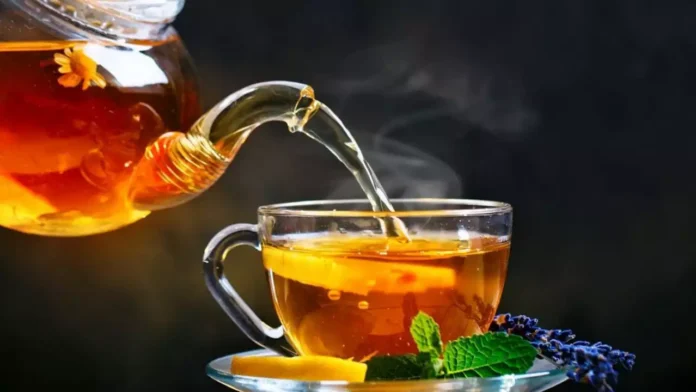The prices of premium Darjeeling tea have surged by 10-15% this season due to a six-month dry spell in the typically misty hills, which has nearly halved the crop size compared to last year.
Tea planters reported that the unusually long dry spell affected both the production and quality of the premium first flush teas that hit the market in April and May.
“Tea estates have reported a 40-50% drop in first flush teas, the primary revenue generator for the Darjeeling tea industry,” said Girish Sarda, co-owner of the 92-year-old Nathmulls Tea in Darjeeling.
He mentioned that teas which were priced at INR 1,700 per kg last year are now fetching INR 1,900-2,000 per kg.
Continue Exploring: HUL partners with Tea Research Association to tackle climate change challenges in tea industry
Nathmulls offers a range of high-quality first flush teas, with prices varying from INR 3,944 per kg to INR 53,586 per kg, depending on the quality. Sarda noted that these teas cater to high-end consumers and are produced in limited quantities. He added that the majority of customers purchase teas within the INR 1,500-2,000 per kg range.
“Nevertheless, the volume of high-quality first flush teas has been affected by the prolonged dry spell that started in November,” he said.
Darjeeling tea has been grappling with nature’s challenges for some time. Production dipped from 6.93 million kg in 2022 to 6.18 million kg in 2023. Industry insiders note that factors such as violent unrest in the hills in 2017 and the resurgence of demands for Gorkhaland ahead of the ongoing elections have significantly impacted the gardens and their profitability. Despite growing domestic demand, the industry continues to face hurdles.
Continue Exploring: Surplus in global tea market to impact Indian tea prices and exports
Additionally, they mentioned that foreign buyers are absent this year, opting for Nepal tea over Darjeeling due to its lower cost and similar flavor profile.
Anshuman Kanoria, chairman of the Indian Tea Exporters’ Association, noted, “With banjhi (bud dormancy in tea bushes) beginning to set in, crop prospects appear bleak, and the April yield is anticipated to be reduced by 25% to 35%.” He added, “Despite the shortage, demand has remained subdued, primarily due to the Ukraine conflict and the depreciation of currencies in certain importing nations.”
Kanoria remarked that the combination of crop scarcity, rising expenses, and weak demand has exacerbated the already daunting challenge of survival for Darjeeling tea estates, which are already facing difficulties.
Continue Exploring: Commerce Ministry mandates auction route for dust tea sales in India





